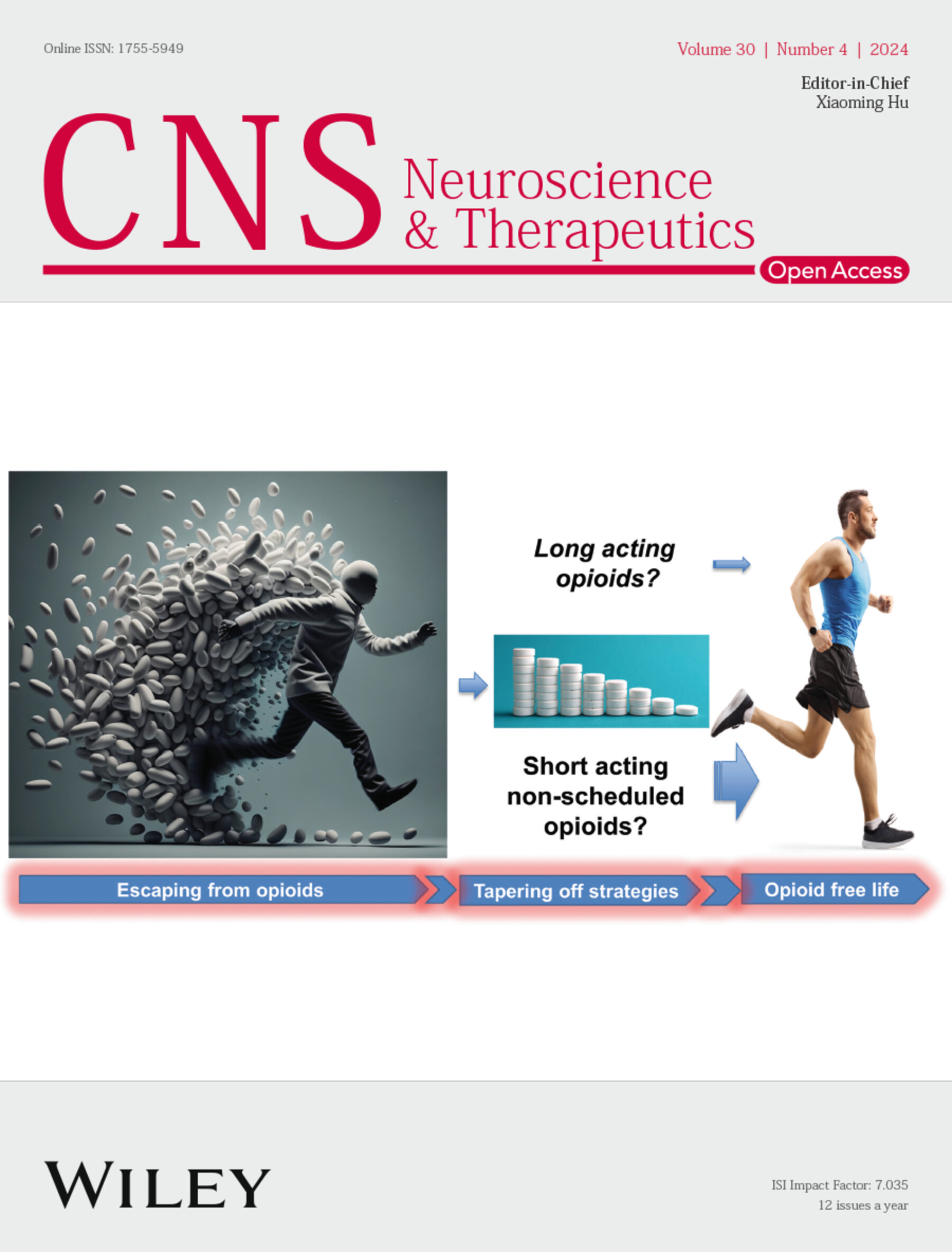Inhibition of Salt-Inducible Kinase 2 Protects Motor Neurons From Degeneration in ALS by Activating Autophagic Flux and Enhancing mTORC1 Activity
Abstract
Objectives
Autophagic impairment has been implicated in the pathogenesis of amyotrophic lateral sclerosis (ALS). Salt-inducible kinase 2 (SIK2), a member of the AMP-activated protein kinase (AMPK) family widely expressed in the central nervous system, plays critical roles in neuronal survival, neurogenesis, and the regulation of autophagy. This study aims to investigate the effects and underlying mechanisms of SIK2 in the pathogenesis of ALS.
Methods
In our work, we used both in vivo and in vitro models of ALS to study the effect of SIK2. Protein and RNA levels were assessed by Western blot, RT-qPCR, immunofluorescence, and immunohistochemistry. Cell viability and apoptosis were evaluated using CCK-8 assay and flow cytometry. Transmission electron microscopy was employed to examine autophagic vacuoles. Additionally, lentivirus particles carrying shRNA targeting SIK2 (sh-SIK2) were injected into the lateral ventricle of ALS mice at 60 days of age. Motor performance was evaluated by the rotarod test.
Results
We observed that increased expression of SIK2 significantly contributed to the degeneration of motor neurons in both the cellular model and the hSOD1G93A transgenic mice model of ALS. SIK2 knockdown enhanced neuronal survival and restored mTORC1 activity. Furthermore, SIK2 suppression facilitated the clearance of mutant SOD1 accumulation by activating autophagic flux and enhancing lysosomal acidification. Conversely, SIK2 overexpression impaired mTORC1 activity, exacerbating autophagy dysfunction by inhibiting lysosomal function, and ultimately led to motor neuron degeneration. In vivo, SIK2 deficiency delayed disease onset and extended the lifespan of ALS mice by enhancing autophagy-mediated clearance of mutant SOD1 aggregates.
Conclusions
Our findings reveal that SIK2 regulates autophagic flux by modulating lysosomal acidification, thereby influencing the degradation of mutant SOD1 aggregates. SIK2 suppression enhances autophagy-mediated clearance of toxic protein aggregates and protects motor neurons, highlighting its potential as a therapeutic target for ALS.


 求助内容:
求助内容: 应助结果提醒方式:
应助结果提醒方式:


